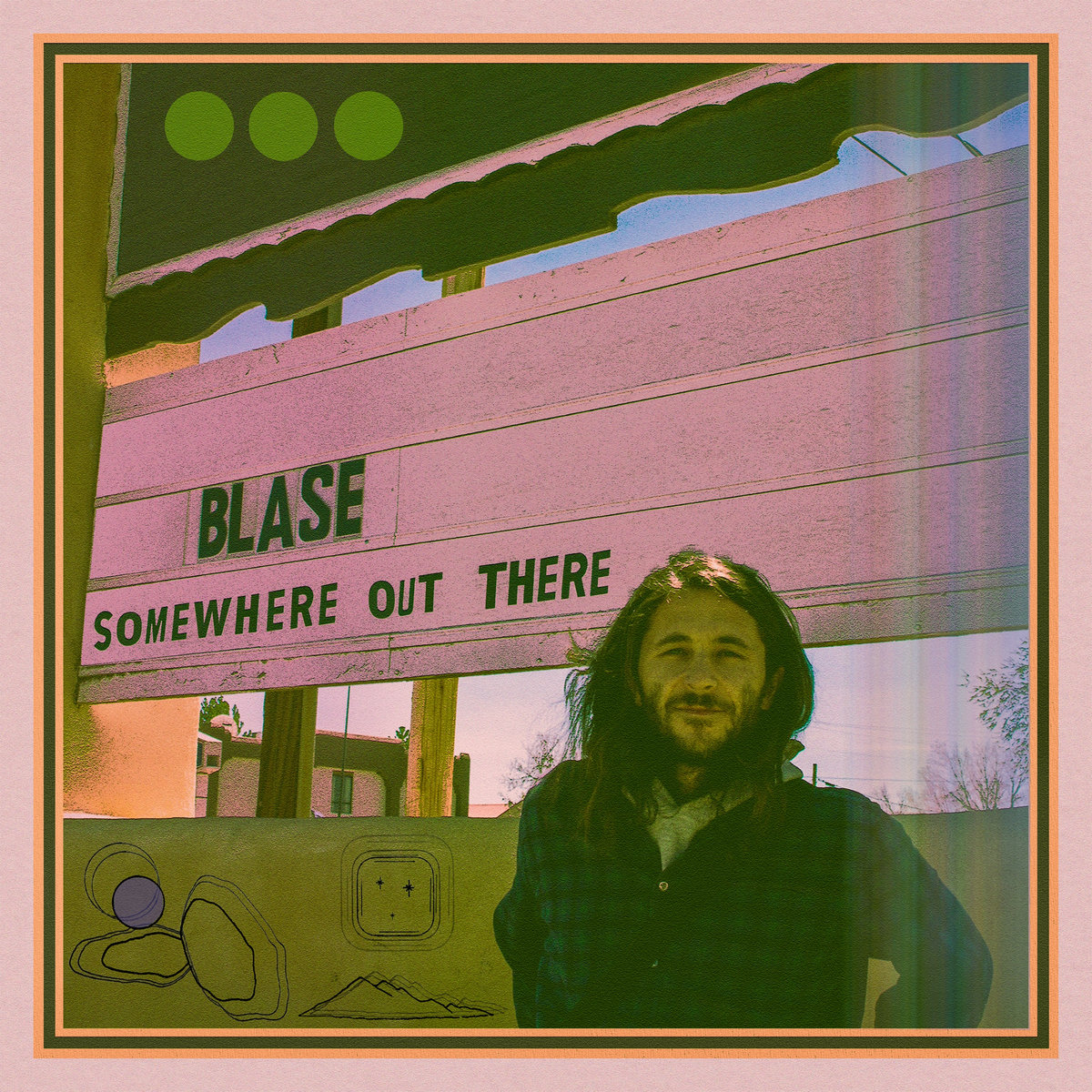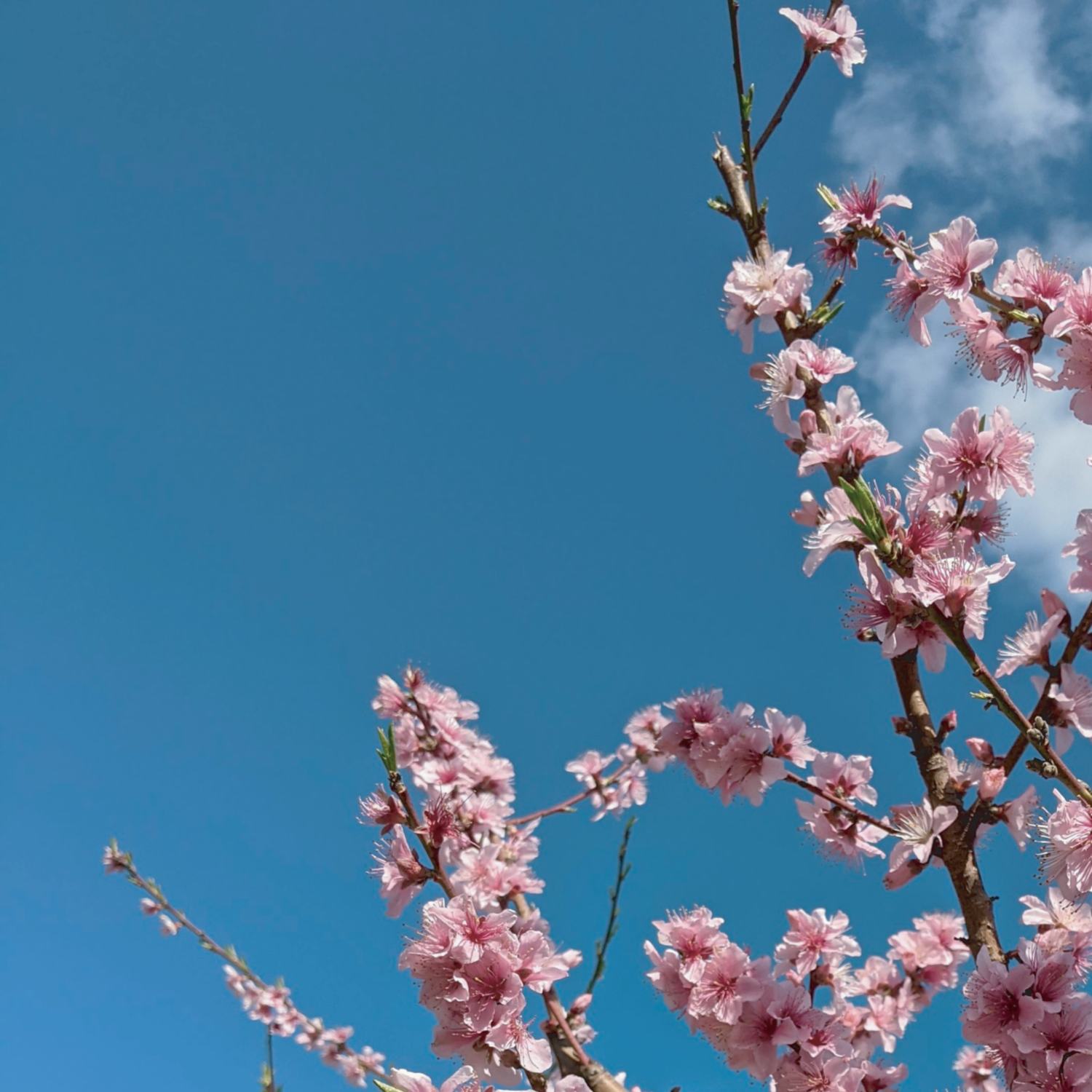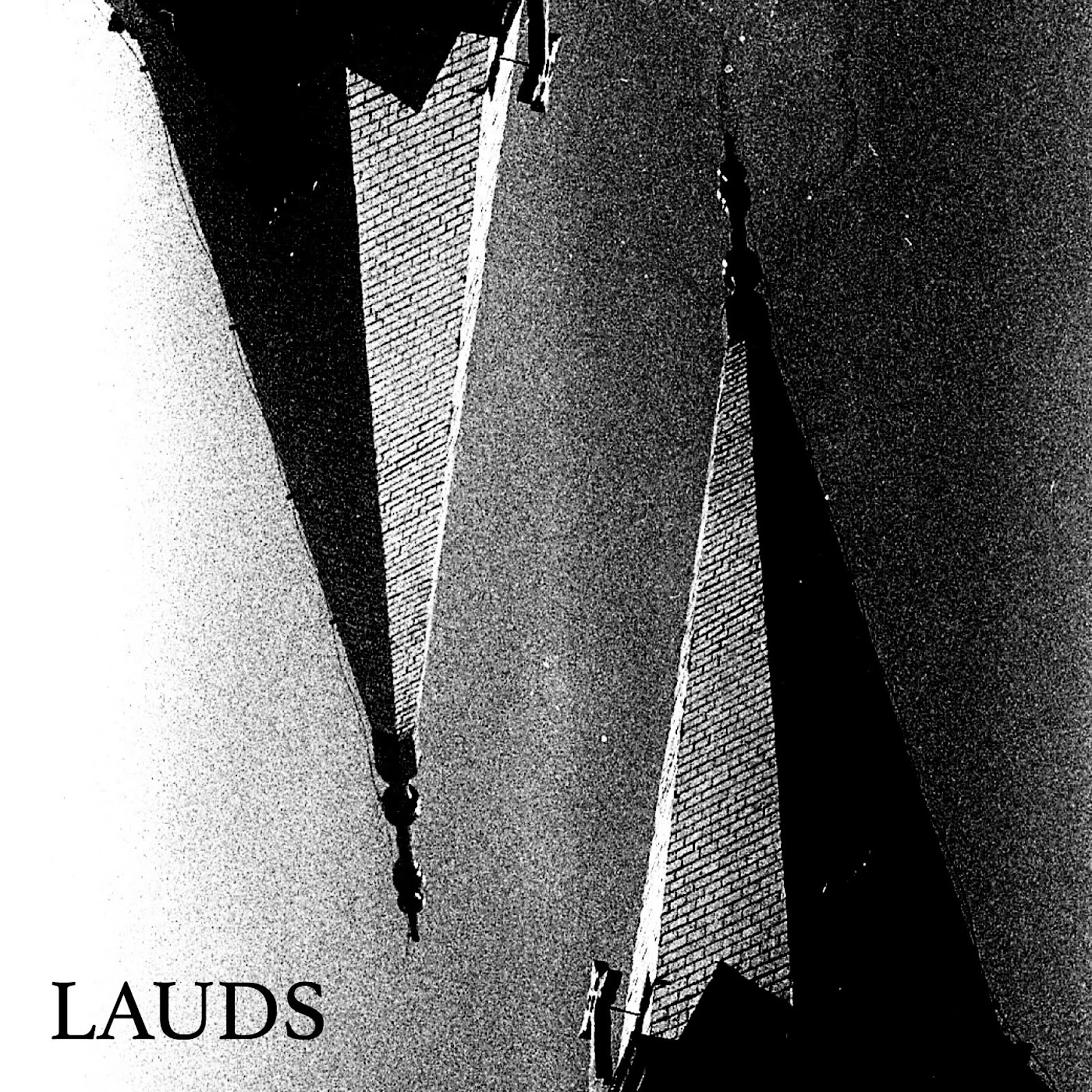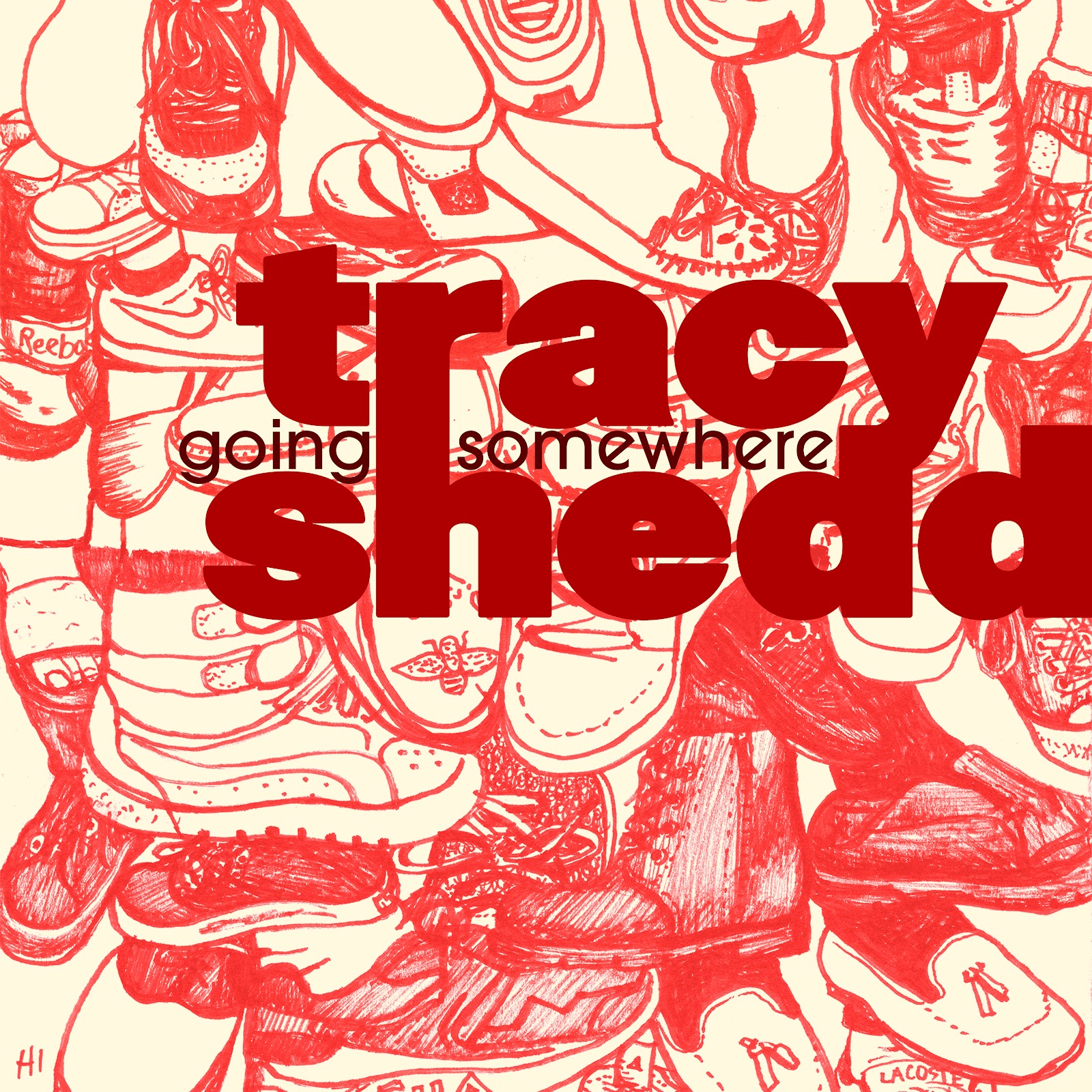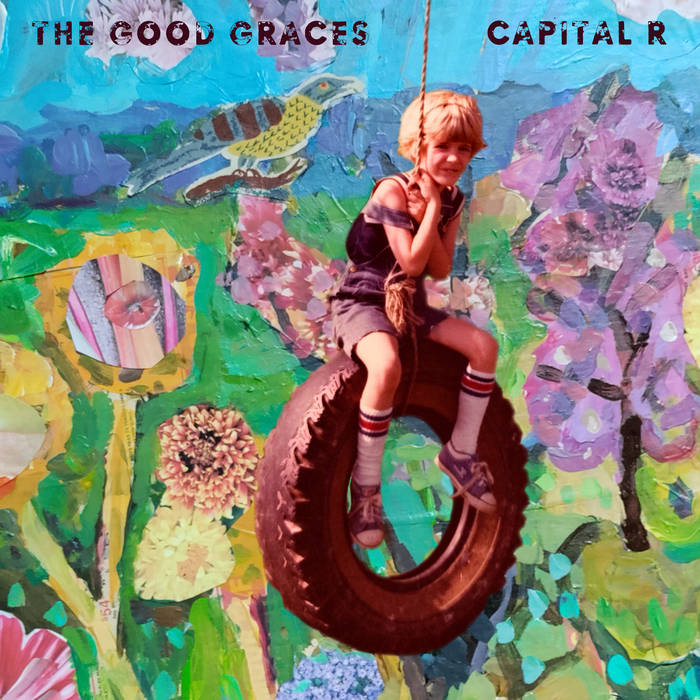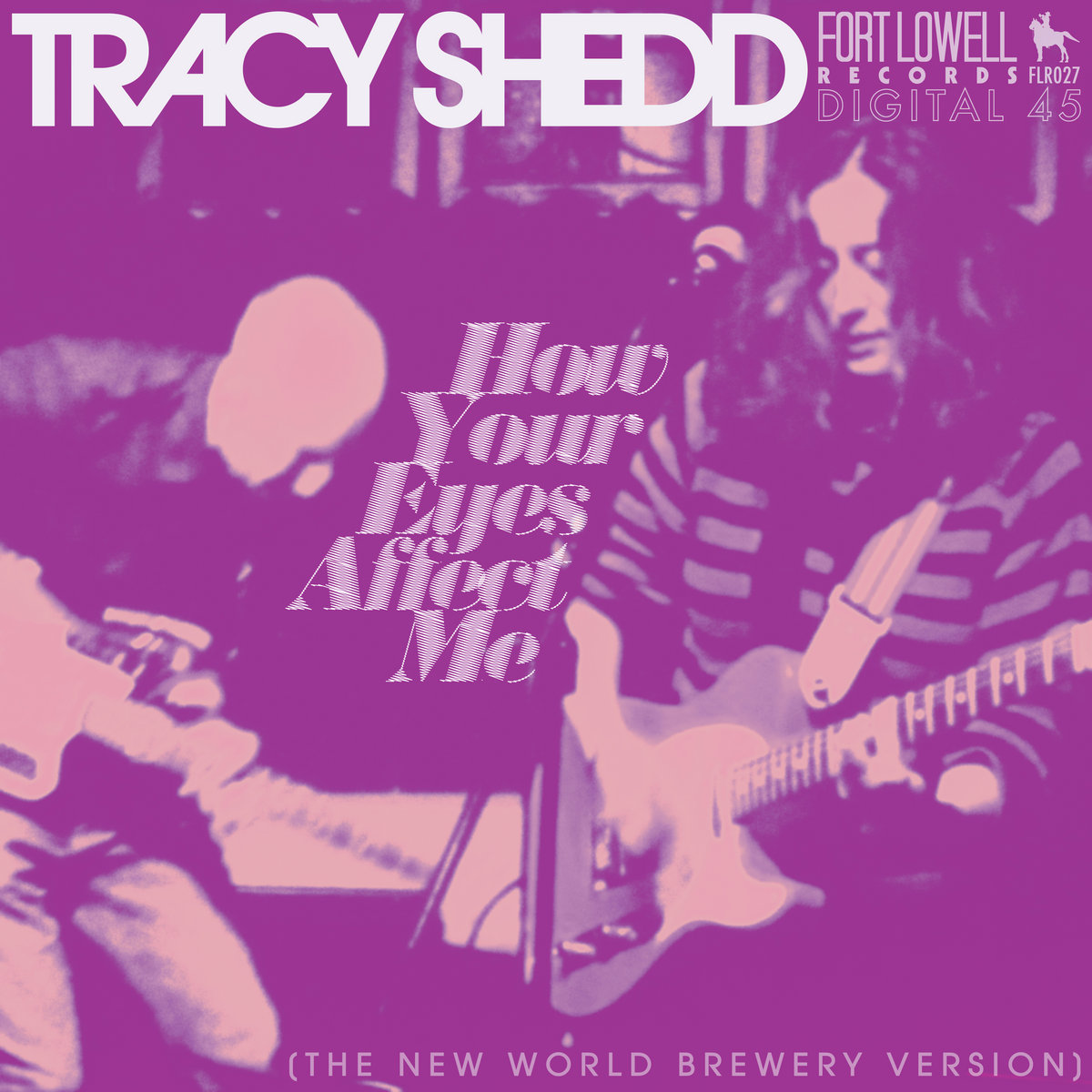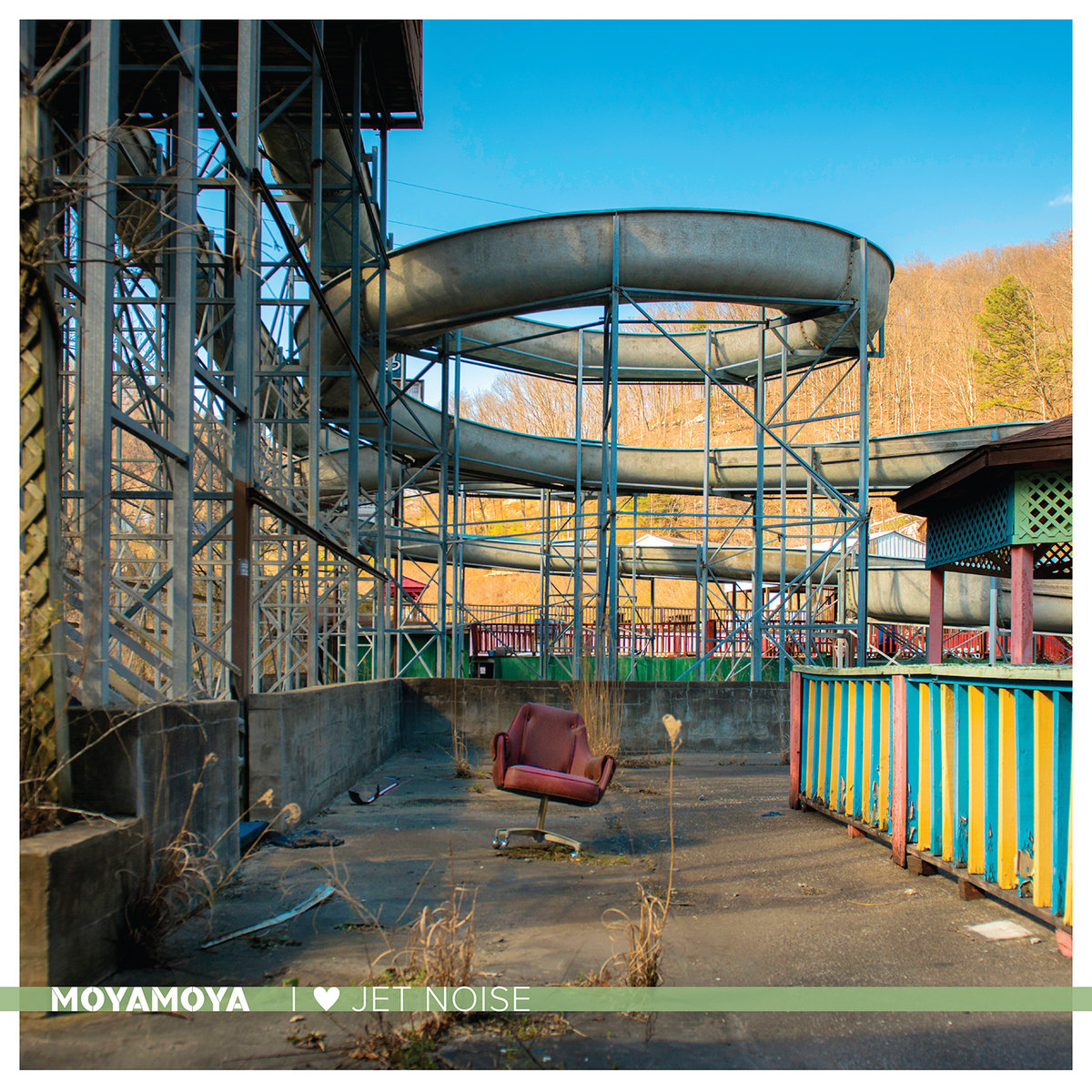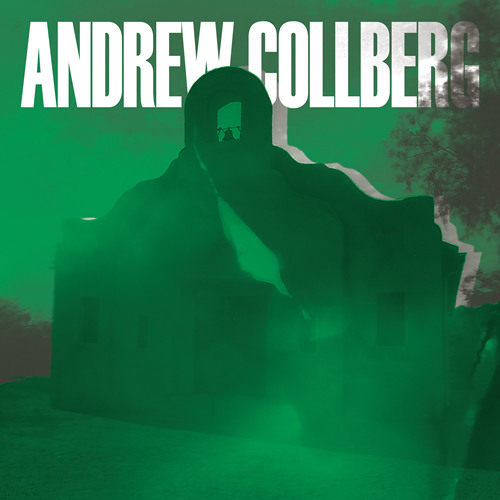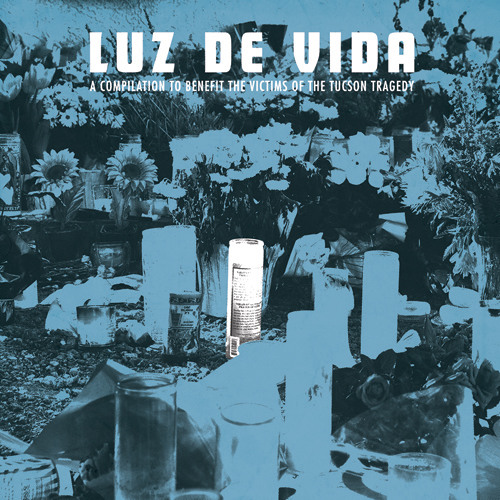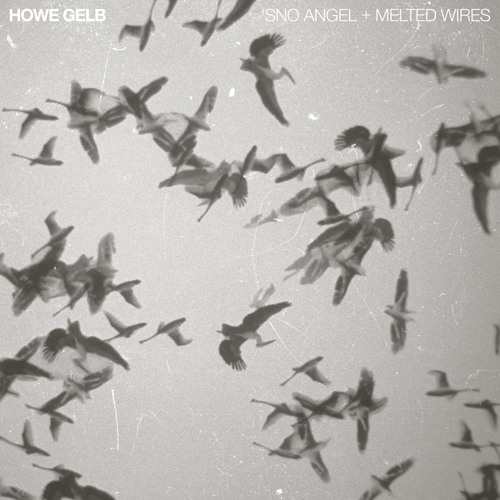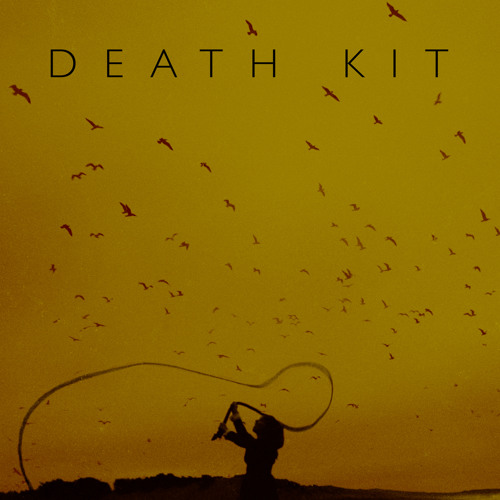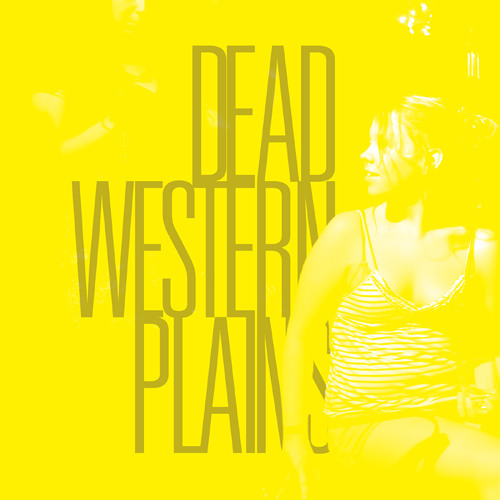 |
| Andrew Gardner of La Cerca; photo by Akasia Oberly |
[
Repost from CanvasRebel; November 3, 2024]
We’re excited to introduce you to the always interesting and insightful Andrew Gardner [of the band La Cerca]. We hope you’ll enjoy our conversation with Andrew below.
Andrew, appreciate you joining us today. Do you have an agent or someone (or a team) that helps you secure opportunities and compensation for your creative work? How did you meet you, why did you decide to work with them, why do you think they decided to work with you?
At the current moment, I am La Cerca’s agent. I have decided to stay this way for the time being for many reasons. This is not to say that I don’t want an agent. I am waiting for the right person. An agent is someone who can better your situation with opportunities but can potentially hurt the band. A booking agent works on a percentage. We are still building our awareness and draw everywhere. Some places we play are small or without built in audiences. While we do our best to promote our shows, sometimes the compensation is barely enough to pay our costs. A booking agent would be taking a lesser amount and the band could be at a loss for that amount we pay. We build our shows in each city and return to play more shows and slowly our shows become bigger and compensation builds. Our reputation for being an excellent live band is spread with our tours. The downside is that it takes up a large amount of time. Booking shows becomes a hefty part time job and there is no pay, except that you keep 100% of what you make as a band. An upside is that you get to build your community with new people you meet and the relationship can be unique to you. You may find opportunities your booking agent may not have for you. You will want an agent who will want the best for you. Booking shows is a chore and it deserves compensation. A booking agent who is compensated well will be looking out for you. You as an agent will have your best interest in mind. A well paying show may not always be the right show. I’ve tried out a couple of agents and I was pleased to not send as many emails dealing with details, At times I wish I had the details or knew what put us in the situation. In both cases, I could have done a better job because I cared more about my band than the agents I hired to help us book tours. I’m trying to keep working with people who love the music and want to see La Cerca grow.
Awesome – so before we get into the rest of our questions, can you briefly introduce yourself to our readers.
I am a guitarist, singer – songwriter and band leader for the band La Cerca. We have been a band for 24 years. For the first three years and the last ten years we have been pursuing music on a professional level. We have released 5 albums with a 6th album to be released next year. I’ve been playing music since I was young. In my teen years, I started playing shows and occasionally providing a place for traveling musicians to stay, which then turned into promoting shows and then operating a music space to do all of those things again. I started building my community right away, not just with out of town touring bands but people who went to see shows, other musicians, and other people doing the same thing. I partnered with people who were into the same Do-it-Yourself philosophies. I learned a lot from artist Steven Eye, who also ran all ages performance spaces and Solar Culture Gallery. When there was no music venue available or interested, I would find a record store, bookstore, art gallery or carwash and tell as many people as possible and set up the PA for the show. We were no strangers to the blossoming music scene of Tucson, Arizona. La Cerca is about playing to as many people as we can and sharing our music far and wide. We set our sights high with a small independent label, released our first album called “Goodbye Phantom Engineer” (2001) and we booked our own tours. Very slowly our name started getting out and we build a reputation of putting on exciting shows. Members of the band would come and go and I would draft friends and musicians who wanted to tour. We slept on couches, in our van, in the park and wherever we could feel comfortable for a little sleep so we could continue on to the next town to play shows. It wasn’t’t so much of a career but a way of life. That lifestyle came to sputtering halt I loved it so much that it was bring me to a place of poverty. I started rebuilding the band and finding members who were more committed than we previously had in our band. We stayed local as we reconfigured and building the confidence and the wherewithal to continue our mission. Once we were rolling again with our 3rd album Sunrise For Everyone (2014) it was now an even more advanced game, but I was learning the industry inside out. I put more promoting, booking and sound engineer experiences into our band. Meanwhile, I made friends with people who were willing to help La Cerca. James Tritten of Fort Lowell Records was a former booking agent, a publicist and musician for Tracy Shedd. And also from promoting and booking shows, I met Steve Kille of the band Dead Meadow and Xemu Records, Steve Kille became our manager and signed us to his label he co-ran with Cevin Soling. Steve was not the typical manager who was looking for a piece of pie or take from our publishing. He was altruistic. His guidance helped the band build our business even further, which would help his label. He recorded and produced our 4th album Night Bloom (2018). Steve passed away in April 2024. He was a great friend, but an inspiration to La Cerca.
How can we best help foster a strong, supportive environment for artists and creatives?
Society needs to understand that being an artist / musician is not easy. I play guitar, sing, remember lyrics, tap dance on a pedal board, dance and sway to the music and project to each audience member, all at the same time. There are years upon thousands of hours of practice and experience put into each show, each note played and recorded and each lyric written. A song is a feat in itself. An album is like a novel or at least a gathering of short stories. We do this because we love what we do but also because it has become part of our personality. Our design is to bring people together and share our expression. Art and music need a higher value, but it must stay affordable to everyone.
Do you think there is something that non-creatives might struggle to understand about your journey as a creative? Maybe you can shed some light?
It’s exciting when someone is expressing interest in the next album. But often times a fan who maybe a non-creative is expecting the turnaround to be quick. Making an album is not just putting ten songs together and releasing. There is a lot of thought and integrity going into the project. Say you have those ten songs and you have already fleshed them out with your bandmates and made demos. You choose a studio that is the right situation for the project and the right engineer whom you all get along. Then there is a matter of scheduling the time for the sessions, but you will have to schedule that time for your musicians. Many musicians have other jobs, family and commitments to work around, but it is imperative to have each persons in the right place to perform their best and that means well rested and not in rush to do something else. This is more complicated than you can imagine. Sometimes someone is not performing well, sometimes performances are fantastic. However, usually within four to six hours, everyone has run out of their ability to do their best. Not every time do you have the ability to record consecutive days in a row. It works great when that happens, but there may not be that time available of the studio or your bandmates. Also, you have to bear in mind that a decent studio can be very costly. I find that the best situation is for the artist to own the recording being made and not have to owe anyone or allow someone to own the recording for you so that you are then in debt after the recording leaves the studio and goes into production, making your profit more difficult to reach because you are paying off the loan. So you have studio bills to keep up with and now there are overdubs, vocal tracks and other production ideas to help create that record and make it special. I struggle with vocal tracks for different reasons. Sometimes it has to do with barometric pressure and cloudy days, but I struggle to hit the notes confidently. Keeping your health in top form is important. Allergies, colds, grogginess and not being mentally fit to sings is a possibility for not having a great performance. Then once you have the tracking complete you have to mix the recording. This can take a lot of time depending on how picky you are. At this stage, there is many things to try and there is also a lot of time spent listening in a very meticulous manner. Then you arrive with a final mix and your album is sent to a mastering studio. After the mastering engineer has done his work and you approve the master, it can be sent into production. At this point all of your artwork has to be decided upon and designed for Digital, CD and vinyl. If you are pressing vinyl, there may be many more delays ahead. It also a good idea to have a few extra tracks available as single releases to share with the audience so they do not lose their interest.





